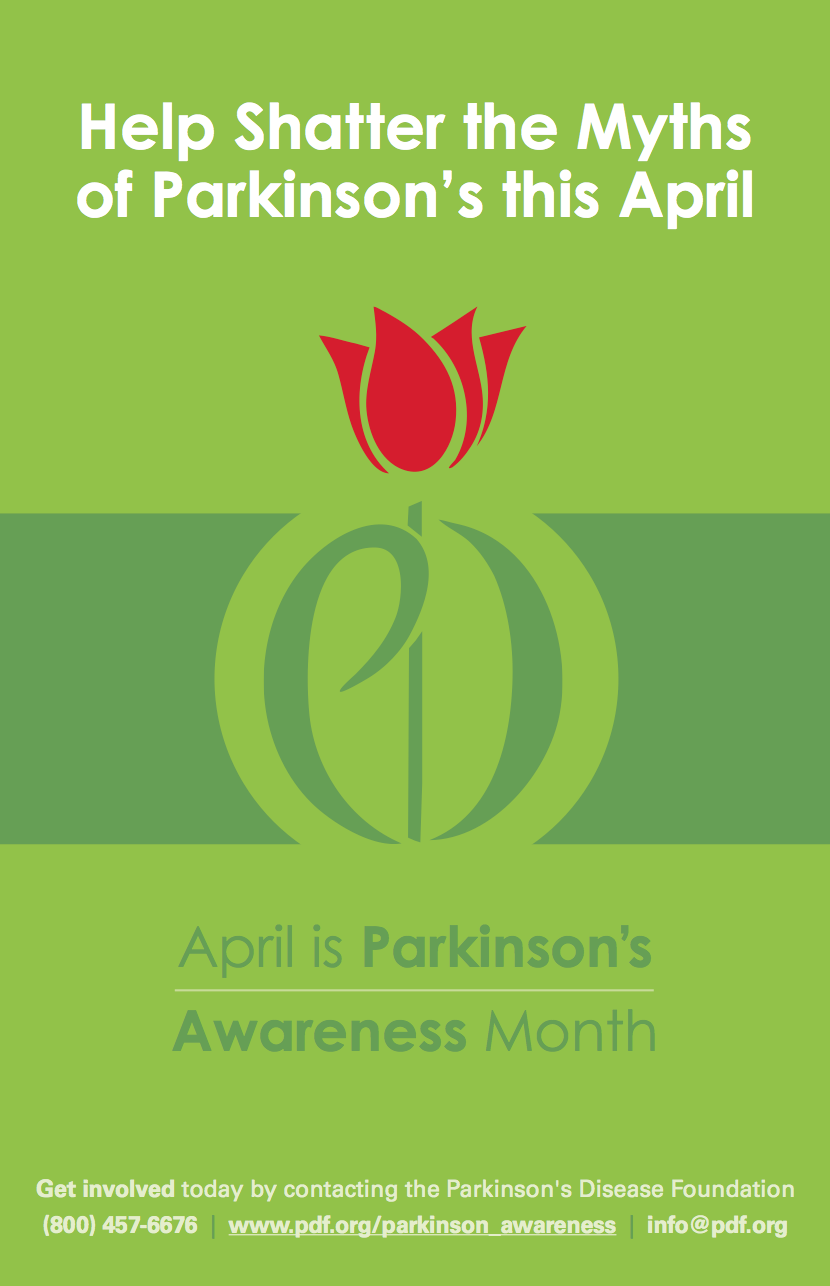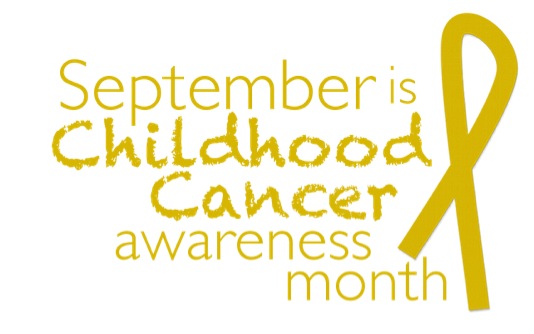Parkinson’s disease is a movement disorder that is chronic and progressive, meaning that symptoms continue and worsen over time.
As many as one million individuals in the US live with Parkinson’s disease. While approximately four percent of people with Parkinson’s are diagnosed before the age of 50, incidence increases with age.
Its major symptoms vary from person to person, but can include tremor, slowness of movements, limb stiffness, and difficulties with gait and balance. The cause of the disease is unknown, and although there is presently no cure, there are treatment options such as medication and surgery to manage the symptoms.
If you have questions about wheelchair accessible vehicles and are in the New England area give us a call @ 508-697-6006


